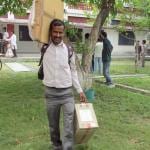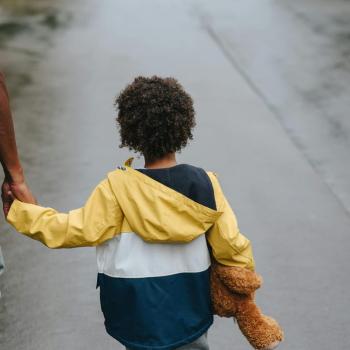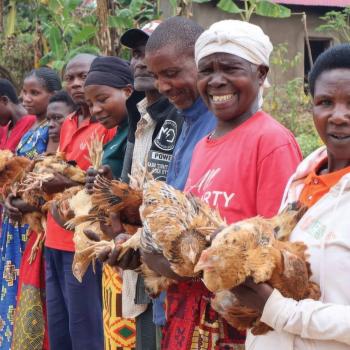WILLS POINT, TX – Gospel for Asia (GFA World) founded by KP Yohannan, has been the model for numerous charities like Gospel for Asia Canada, to help the poor and deprived worldwide, issued this 1st part of a Special Report update on the state of Modern Day Slavery amid the COVID 19 pandemic.
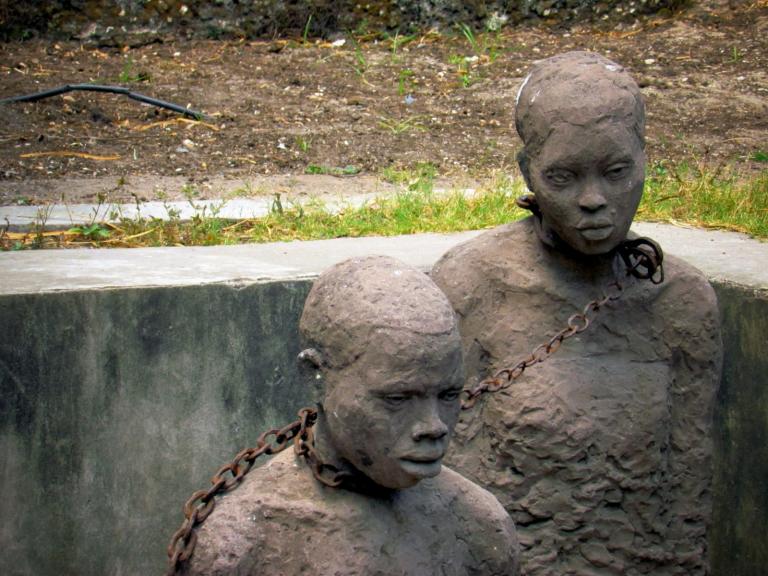
In my original report, 21st Century Slavery & Human Trafficking, I unveiled the overwhelming reality that more than 40 million people in our modern world are trafficked as slaves—more than any other time in human history. In this sequel, I unpack how modern slavery is growing—not slowing—under the covering of the worldwide COVID-19 pandemic.

If there is any sliver of a silver lining to be seen in the coronavirus cloud that has darkened the world in 2020, a reduction in human trafficking might be suspected. After all, with half the globe locked down, the modern-day slave trade must have at least slowed, if not stalled, right?
Sadly, no. If anything, the global pandemic has only heightened the desperation of those at risk and deepened the cunning of traffickers. For example, the World Bank expects poverty to rise for the first time in 20 years, as circumstances push an additional 88-115 million people into extreme poverty, depending on the severity of economic contraction worldwide.
The World Health Organization issued a statement on October 13 saying:
“The pandemic has decimated jobs and placed millions of livelihoods at risk. As breadwinners lose jobs, fall ill and die, the food security and nutrition of millions of women and men are under threat, with those in low-income countries, particularly the most marginalized populations, which include small-scale farmers and indigenous peoples, being hardest hit.
“With low and irregular incomes and a lack of social support, many of them are spurred to continue working, often in unsafe conditions, thus exposing themselves and their families to additional risks. Further, when experiencing income losses, they may resort to negative coping strategies, such as distress sale of assets, predatory loans or child labor.”
With poverty worsened and government resources stretched to capacity, COVID-19 has widened the crack through which the vulnerable fall—or are pulled through. The United Nations Office on Drugs and Crime (UNODC) details how COVID-19 has impacted “the capacity of state authorities and non-governmental organizations to provide essential services to the victims of this crime.”
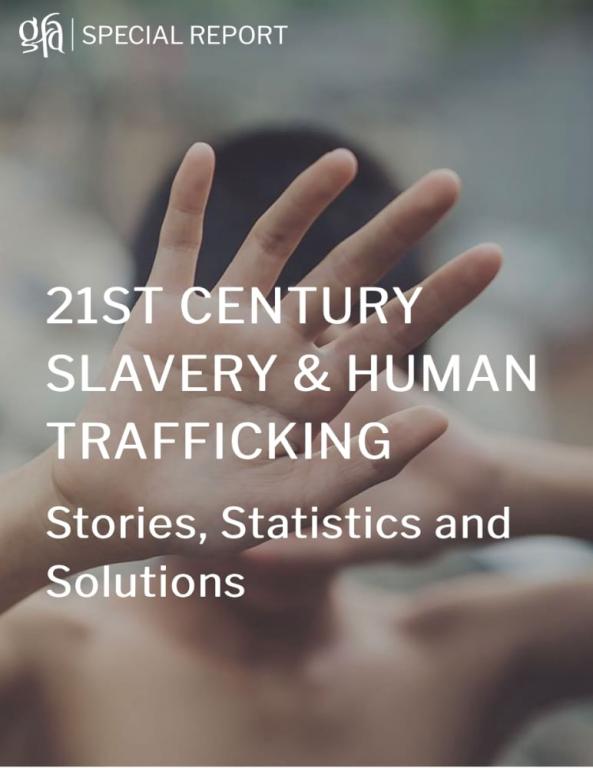
Income, food, housing and health care inequalities have increased in impoverished parts of the world, and these “drivers … increase the risk of sexual and labor exploitation, and are being used by criminal groups to scale-up modern day slavery activities,” warns the distinguished British medical journal The Lancet.
Rather than diminishing it, the ongoing coronavirus crisis has cemented human trafficking as the third biggest illicit trade on the planet, behind only illegal arms and drugs.
As detailed in a previous Gospel for Asia special report on the issue, human trafficking generates an estimated $150 billion a year from the oppressed lives and broken hearts of men, women and children. What sets human trafficking apart from other major issues Gospel for Asia (GFA) has addressed in its series of articles on key global challenges is that it is entirely man-made, both exacerbating and taking advantage of natural factors like disease, economic impoverishment, climate change and the coronavirus.
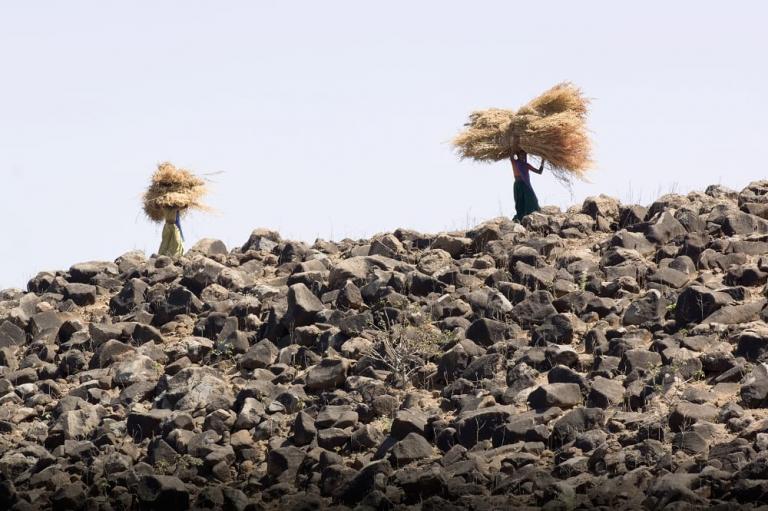
Exploitation on the Rise
“Instability and lack of access to critical services caused by the pandemic mean that the number of people vulnerable to exploitation by traffickers is rapidly growing,” said U.S. Secretary of State Mike Pompeo as he introduced the government’s 20th annual Trafficking in Persons (TIP) report, which monitors the crime and efforts to combat it.
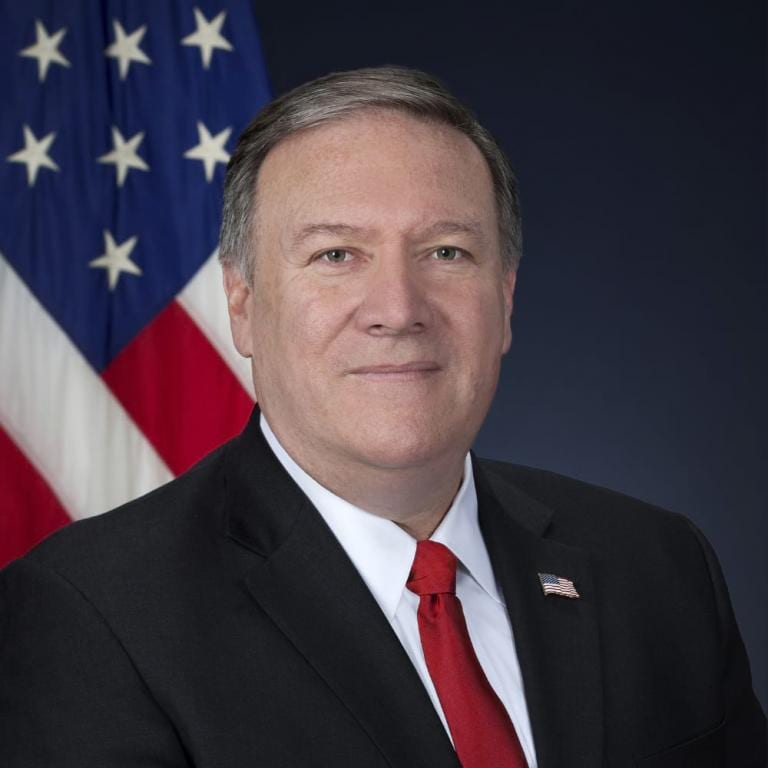
“The bottom line is that traffickers have not shut down,” Pompeo said elsewhere. “Traffickers are continuing to exploit people. And as vulnerable people become more vulnerable due to COVID, it’s making it easier and easier for traffickers to operate.”
Victims of trafficking are also “disproportionately at risk” of getting COVID-19 for a variety of reasons, according to The Lancet. Among the causes: pre-existing health needs, unregulated and unsafe working environments, over-crowded living conditions, poverty, malnutrition and substance misuse.
A United Nations report reveals just how COVID-19 has made trafficking easier. Travel and border restrictions intended to slow the spread of the virus may have only driven traffickers further underground, it says, while also making victims harder to identify. Additionally, those already working in forced labor conditions may face further hardships because production costs are being squeezed, while more people unable to make ends meet may turn to loan sharks for money and so risk getting caught in a debt pit they can’t climb out of, effectively enslaving them.
Meanwhile, children are at heightened risk of exploitation because schools are closed. For many of them, school was both a safe place and one of their only sources for a regular meal. Now they may be left to fend for themselves with parents unable to care for or supervise them at home.
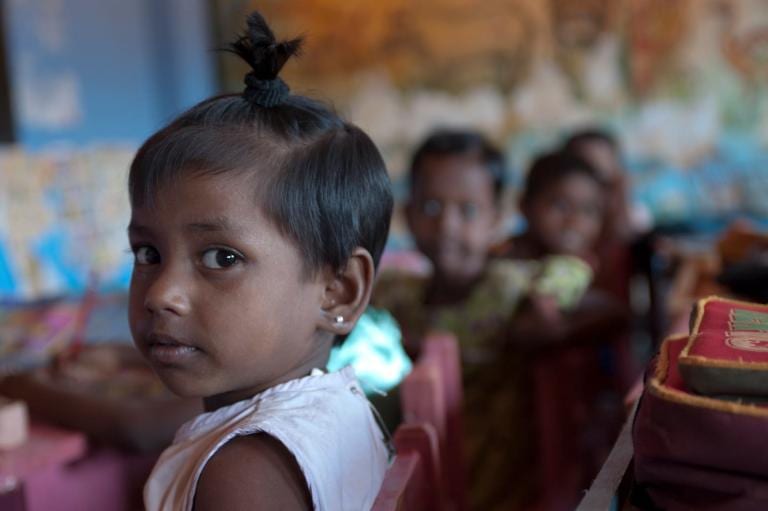
Online Predators on the Rise

It’s not only children and young people in poorer nations that are at risk, either. In North America, the pandemic has seen everyone spending even more time online than usual—exposing them to predators who scour the web looking for innocent children.
“It’s easier for traffickers to sit behind a computer screen and actually reach out to multiple people, hoping that one or two bite,” says Karley Church, a human trafficking crisis intervention counselor with Victim Services of Durham Region, near Toronto, Canada.
A spokesman for the Royal Canadian Mounted Police said that “chatter in dark web forums indicate that offenders see the pandemic as an opportunity to commit more offenses against children.”
Give Towards Strategic Field Ministries
Your donation enables GFA World national workers to reach out to multitudes of needy people and provide for their most crucial physical and spiritual needs.
About Gospel for Asia
Gospel for Asia (GFA World) is a leading faith-based mission agency, helping national workers bring vital assistance and spiritual hope to millions across Asia, especially to those who have yet to hear about the love of God. In GFA’s latest yearly report, this included more than 70,000 sponsored children, free medical camps conducted in more than 1,200 villages and remote communities, over 4,800 clean water wells drilled, over 12,000 water filters installed, income-generating Christmas gifts for more than 260,000 needy families, and spiritual teaching available in 110 languages in 14 nations through radio ministry. For all the latest news, visit our Press Room at https://press.gfa.org/news.
Read the rest of Gospel for Asia’s Special Report: Modern Day Slavery Speeds up Under Cover of COVID-19 – Growing during pandemic: People vulnerable to exploitation — Part 2
Read more about Gospel for Asia, Modern Slavery, and the COVID 19 Pandemic on Patheos from Gospel for Asia.
Learn more by reading these Special Reports from Gospel for Asia:
- Child Labor: Not Gone, but Forgotten — Millions of Children Trapped between Extreme Poverty and the Profits of Others
- Seeking Justice and Defending Human Rights — Wherever Poverty and Oppression Exist
KP Yohannan has issued two statements about the COVID-19 situation found here and here.
GFA’s Statement About Coronavirus
This Special Report originally appeared on gfa.org.
24 Christian Leaders affirm Gospel for Asia’s integrity and credibility.
Learn more about Gospel for Asia: GFA World on Facebook | GFA World on YouTube | GFA World on Twitter | GFA World on LinkedIn | Gospel for Asia on SourceWatch | Gospel for Asia Media Room | Gospel for Asia International Offices | Gospel for Asia Sponsorship Options | Gospel for Asia (GFA World) Transforming Communities |
Notable News about Gospel for Asia: FoxNews, ChristianPost, NYPost, MissionsBox
Click here, to read more blogs on Patheos from Gospel for Asia.



